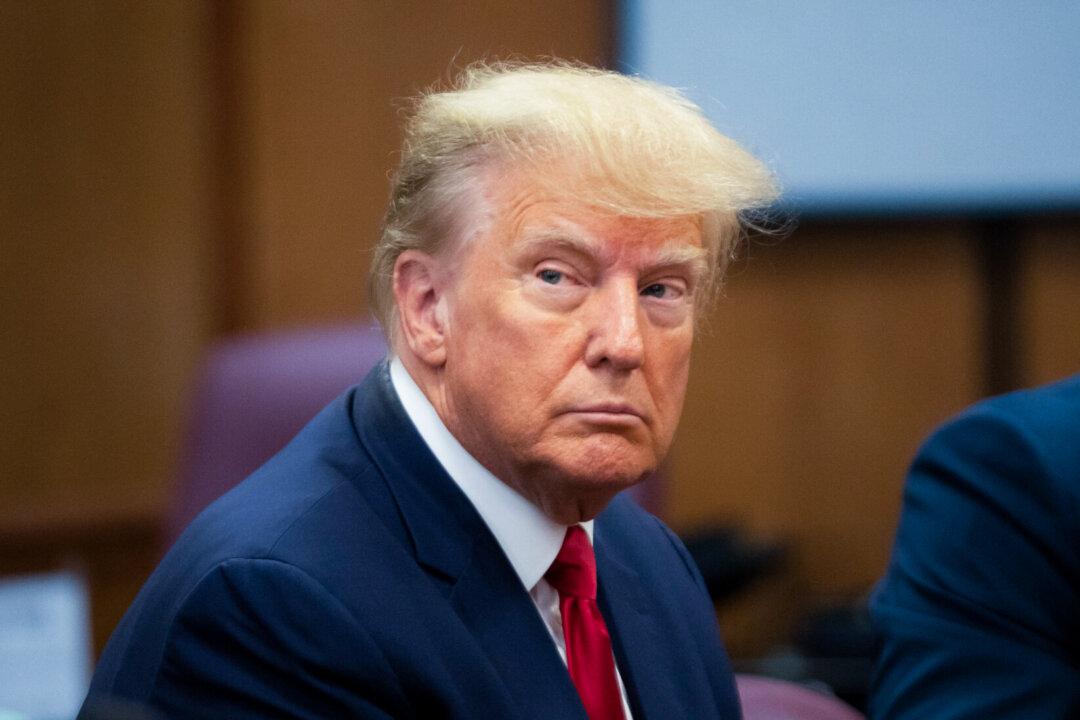Federal prosecutors have urged the federal judge to impose a gag order on former President Donald Trump in the 2020 election interference case, citing the “prejudicial extrajudicial statements” he made on social media.
The special counsel team filed the request for a gag order against Mr. Trump on Sept. 15 to restrict him from making “intimidating” comments about witnesses, lawyers, and other people involved in the criminal case.





